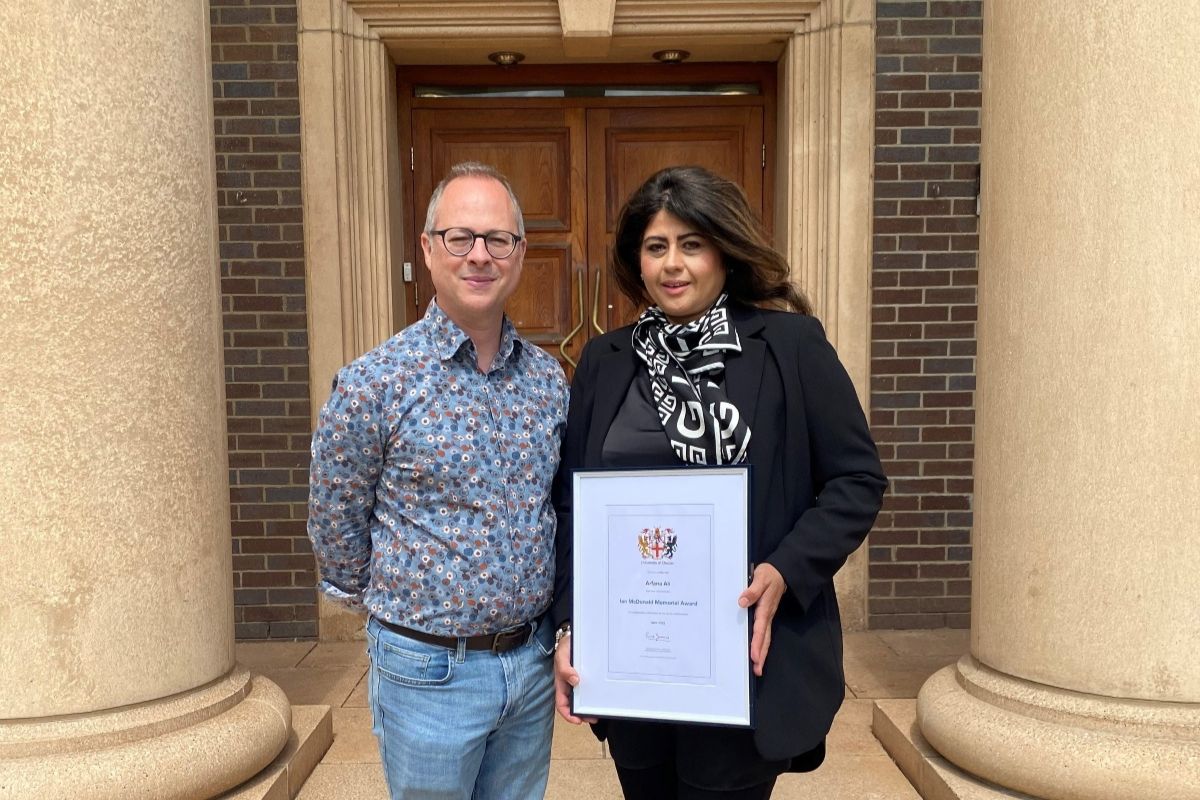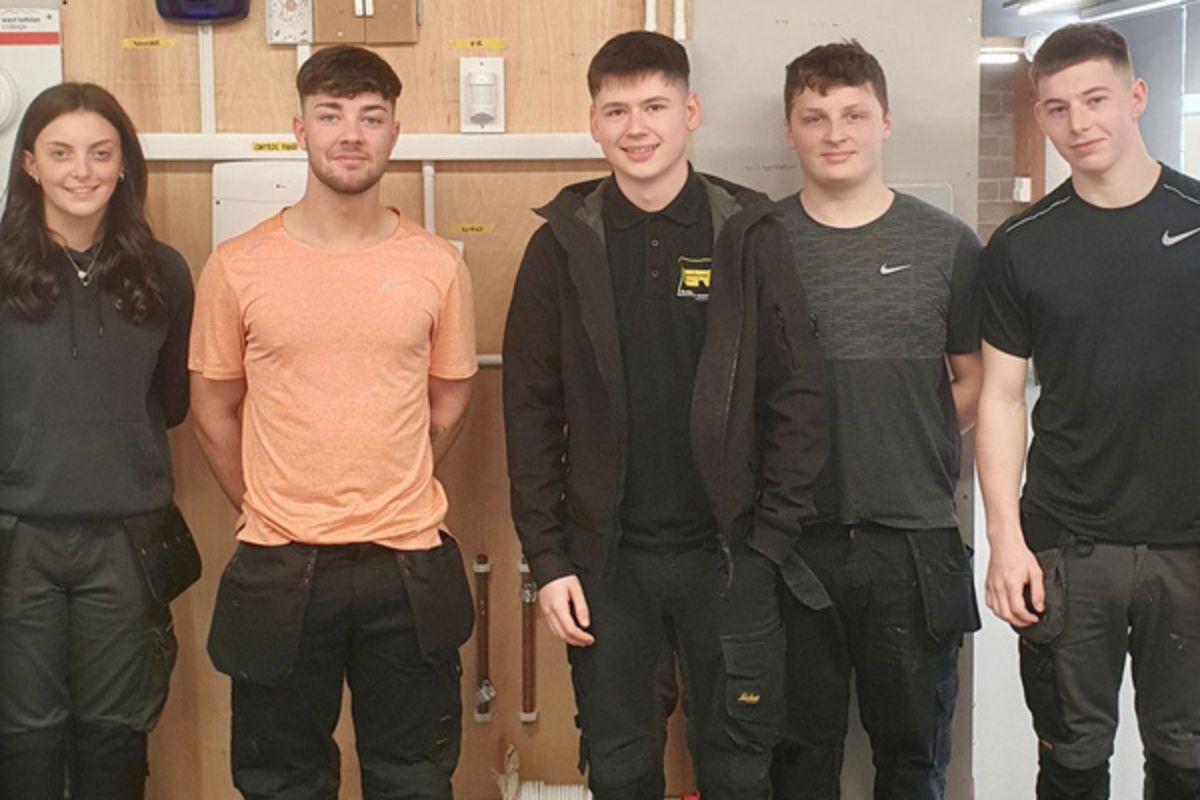Deferring Ofsted inspections

Ofsted’s policy for determining that an inspection of a provider should not go ahead on the planned dates.
What this deferral policy applies to
This deferral policy applies to inspections of:
- maintained schools and academies (and other types of school inspected under sections 5 and 8 of the Education Act 2005
- inspections of early years provision under sections 49 and 50 of the Childcare Act 2006
- independent schools inspected by Ofsted
- providers of further education and skills
- children’s centres
- providers of initial teacher education
Circumstances for deferring Ofsted inspections
There are a limited number of circumstances when we may decide that an inspection should not go ahead on the planned dates. This document sets out Ofsted’s approach to the deferral, cancellation and re-scheduling of inspections. It does not apply to decisions to re-schedule the start date of an inspection within five working days.
Ofsted’s policy is that deferral or cancellation should, normally, only be granted if:
- the headteacher, centre manager, childcare provider, nominated individual or similar authority, or a member of the provider’s senior management team is subject to a current police investigation or serious concern from another agency that would be compromised by an inspection of the provider
- the provider has experienced a recent major incident, such as a fatal accident to a pupil, child, centre user, trainee or a member of staff, serious injury or illness of the childcare provider or death of a household member where the childcare takes place
- the provision is due to merge, close or move and it is decided that no useful purpose will be served in inspecting it
- the provider’s setting is closed to all users – for example, owing to a staff training day or adverse weather conditions – for at least half of the time for which the inspection has been scheduled (this does not apply to pre-registration inspections of independent schools)
- at least three quarters of the users will not be at the provider’s setting or with their employer – for example, owing to a school trip or a religious festival – for at least half of the period for which the inspection has been scheduled (this does not apply to registered childcare settings or to pre-registration inspections of independent schools)
- a school has very recently converted to become an academy – in these circumstances, Her Majesty’s Chief Inspector (HMCI) reserves the right to schedule the academy’s first inspection at a later date
- a further education and skills provider is no longer in receipt of relevant public funding
- a children’s centre has recently merged or become part of a children’s centre group – in such circumstances, HMCI reserves the right to schedule the reorganised centre’s first inspection at a later date
- a childminder agency no longer has childminders registered with it
- other exceptional circumstances (including those outlined below regarding Coronavirus) that, in the judgement of Ofsted’s relevant director, justify deferral or cancellation of the inspection
Coronavirus and deferrals
Ofsted is working closely with the Department for Education (DfE) and monitoring the situation day by day. In line with current government advice, normal inspection activity should be maintained as far as possible.
However, the spread of the virus presents serious challenges for providers that are affected. In line with the potential for this to be an ‘exceptional circumstance’, we will carry out a risk-assessment with the providers when we announce the inspection. This will give the leaders/managers of providers the opportunity to inform Ofsted about any current coronavirus impact on their provision.
Using this information, we will make an assessment and a deferral decision, as appropriate. When inspections go ahead, inspectors will be sensitive to increases in user absence or absence of key staff, and will reflect this in the inspection report.
Further information on deferrals
Ofsted puts the interest of children and learners first. It is only in the exceptional circumstances set out above that we would consider granting a deferral of inspection. For example, we would never defer an inspection for commercial reasons. The nature of the circumstances should be recorded fully.
Applications to defer a planned inspection on the grounds that the headteacher, centre manager, childcare provider, nominated individual or similar authority is not present will not be accepted because users are still receiving services from the provider.
In the case of illness of the headteacher, centre manager, childcare provider, nominated individual or similar authority, the relevant director will determine whether the inspection will take place.
Building work will not be a reason for deferral if users are still on site.
When a deferral is proposed, we must consider that the timing of any rescheduled inspection does not fall outside of any legally defined period for the inspection of that provision.
Deferral of section 8 monitoring inspections of maintained schools and academies
In the case of a section 8 monitoring inspection for a school judged to require improvement, we consider that the contribution of the headteacher is important in finding out the likely future support and challenge for the school.
We may, therefore, defer the section 8 monitoring inspection if the headteacher is out of school, unless the headteacher is absent for a prolonged period of time, for example, due to ill-health.
Deferral of independent school inspections
When the standard inspection of a school has been previously deferred on 2 consecutive occasions because there were no pupils on roll, the inspection will not be deferred for a third time. The purpose of the inspection will be to check the school’s compliance with the independent school standards required for continued registration. Inspectors will still make qualitative judgements about the effectiveness of the school and will comment on the extent to which it is ready to educate and safeguard pupils.
An inspection of an independent school may be deferred in the case of unavoidable absence of the headteacher or proprietor where this person is the only full-time teacher in the school, at the discretion of the relevant Ofsted director.
Pre-registration inspections must not be deferred when the proposed school states that it is not ready for inspection. Incomplete building works is not a reasonable justification for deferring inspection. The DfE expects proposed new schools to be ready to undergo a pre-registration inspection, since the provision wishes to educate (and, for boarding/residential special schools, accommodate) pupils in the near future. The DfE informs proposed new schools that they should not apply to register if they will not be ready to operate by the proposed timescale. In cases when proposed new schools strongly resist a pre-registration inspection, we will report this to the DfE.
When Ofsted is informed that an independent school is no longer operating, through either the notification telephone call for a pre-registration, material change or standard inspection, we will check whether the DfE requires an inspection to be carried out to confirm this. If the inspection does go ahead to check whether or not the school is still operating, the inspection event will need to be changed to an emergency inspection. This is so that an advice note can be provided to the DfE after the inspection. There will be no published inspection report.We will always consult with the DfE before granting a deferral of inspection of any type of independent school.
Deferral process
Providers that are considering lodging a request for deferral of their inspection should study the criteria above carefully and ensure that at least one of the criteria applies before they make a request.
Requests should be made in writing at the earliest opportunity.
Arrangements for the inspection will continue to be made while the request for deferral is considered.
Childcare providers may discuss deferral with the inspector when they are called to notify them of the inspection. A decision will be made using the criteria above.
If a provider cannot be contacted by the inspection coordinator
In exceptional circumstances, it may prove difficult for the inspection coordinator to make contact with the provider. In these cases, the inspection coordinator will contact a designated inspector to discuss the situation. With independent school inspections, the designated inspector will check that the DfE has no reason to believe the school is no longer operating.
The designated inspector will normally advise that the inspection will go ahead and that the inspection coordinator should continue to try and contact the provider, while the lead inspector travels to the provider. If there continues to be no answer, the inspection will be carried out as an unannounced inspection.
Published 13 March 2020 Contents












Responses